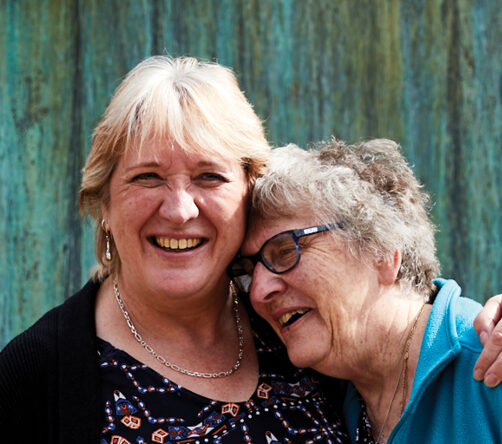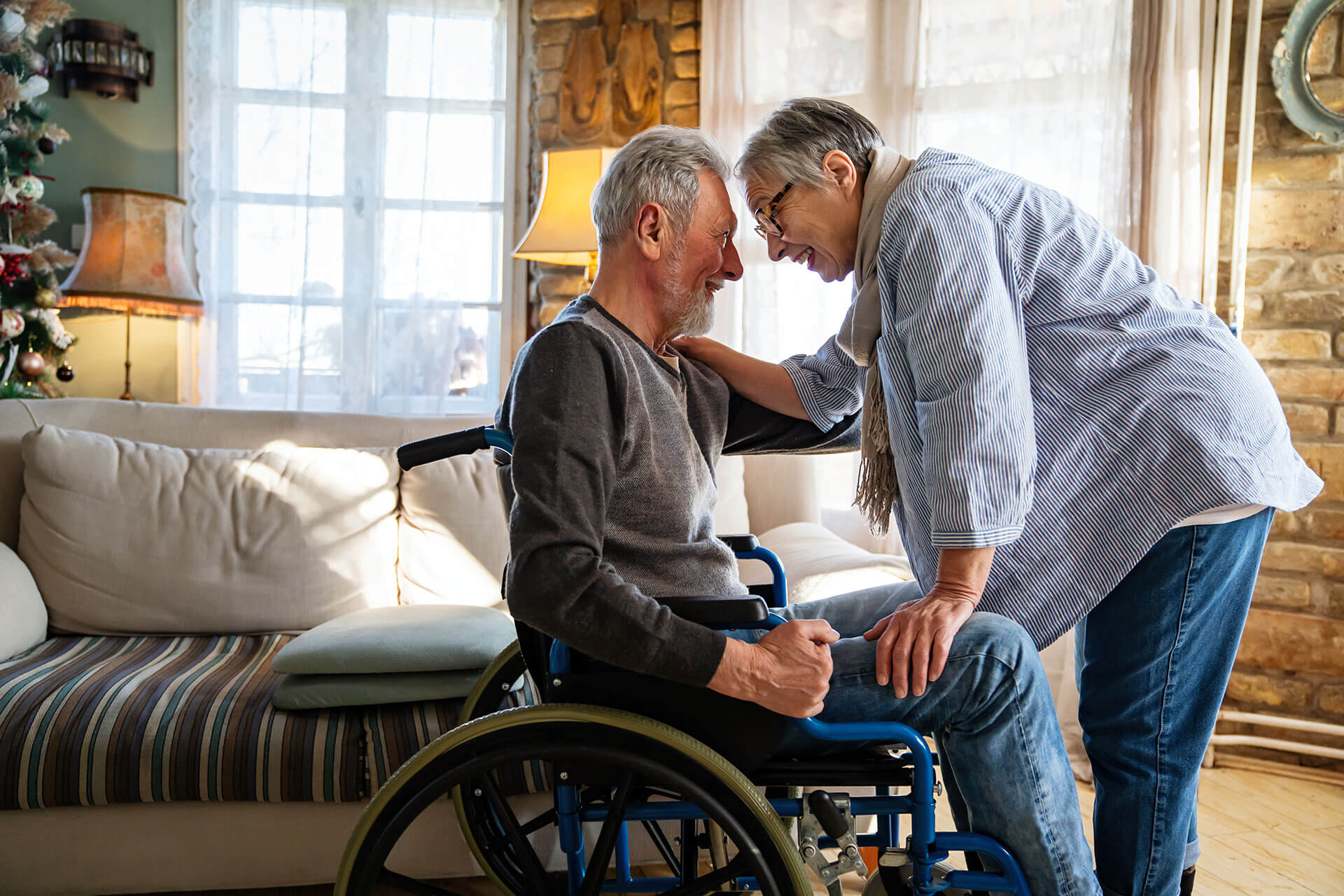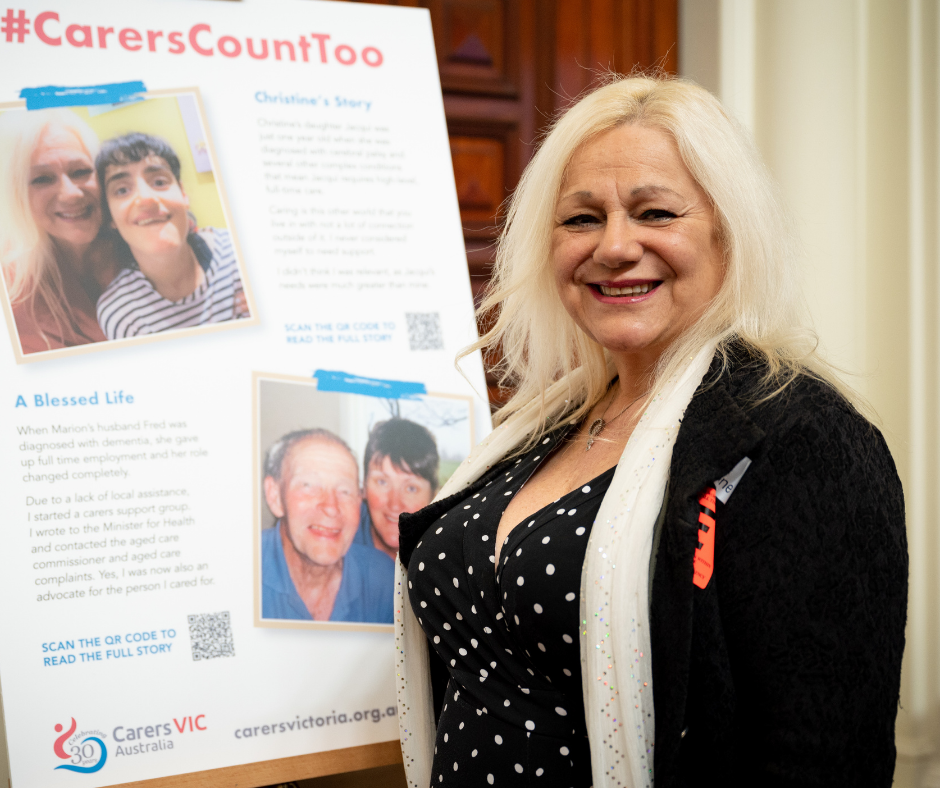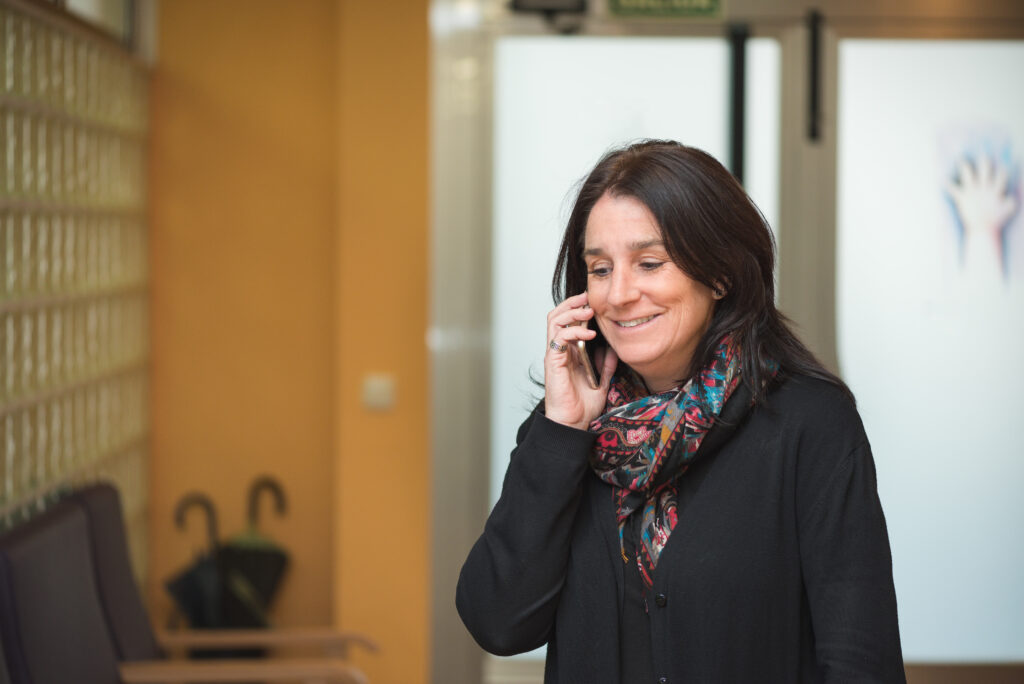
They are parents, children, partners, other relatives and friends who assist with a variety of personal care, health care, transport, navigating complex service systems, managing financial tasks, emotional support, household chores and other activities.

Every care situation is different. Some carers provide 24-hour nursing aid to a family member with high care needs. They help with daily needs and activities like feeding, bathing, dressing, toileting, lifting and moving, and administering medications.
Others care for people who are fairly independent but may need someone to keep an eye on them or help them with tasks like banking, transport, shopping and housework.
Most carers give comfort, encouragement and reassurance to the person they care for, oversee their health and wellbeing, monitor their safety and help them stay as independent as possible. Carers help their family members to have a good quality of life.
People become carers in different ways. Sometimes it happens gradually, helping out more and more as a person’s health and independence gets worse over time. It may also happen suddenly, such as after a health crisis (like a stroke or heart attack) or an accident.
Carers often feel that they don’t really have a choice. In large families the responsibility of providing care is often left to one person, rather than being shared.
Many carers feel that what they do is inherent in being a parent, good friend, neighbour, child or sibling.
Carers Victoria refers to a carer as a person who provides unpaid care and support to family members (of choice or origin) and/or friends with a disability, mental illness, chronic health issue or older person with care needs. Receiving an income support payment does not qualify a carer as being paid.
The Victorian legislation the Carer Recognition Act (2012) originally defined a carer as: An individual who provides personal care, support and assistance to another individual who needs it because that other individual (a) has a disability; or (b) has a medical condition (including a terminal or chronic illness); or (c) has a mental illness; or (d) is frail and aged.
The Victorian legislation includes reference to individuals who have custody and guardianship of a child under a permanent care order, a protection order or under a childcare agreement under the Children, Youth and Families Act 2005. However, Carers Victoria only advocates for those carers who are caring for a child with additional needs.
Since the legislation passed, the Department of Families, Fairness and Housing has released its Victorian Charter Supporting People in Care Relationships where it refers to older people, not the original definition in the Act of ‘frail and aged’.
For those in kinship care scenarios, please visit Kinship Carers Victoria
For those in foster care scenarios, please visit the Foster Care Association of Victoria
While each caring situation is different, many carers share similar experiences. Select the situation of the person you are caring for below to find information relevant for you.

The needs of people with a disability or chronic illness are very diverse and every care situation is different. We can help you to find local services and supports that are tailored to the individual needs of your family.
Who do we help?
You can access Carers Victoria disability services if you:
How can we help?
If you need support or advice, call Carers Victoria
The Carers Victoria aged care team can provide expert and local advice, support in times of crisis, and the tools you need to plan for the future.
We understand what caring families are going through and can help you to evaluate your situation and link up to the local services and supports that best meet your needs.
Who do we help?
You can access our aged care services if you:
How can we help?
If you need support or advice, call Carers Victoria
Caring for somebody with a mental illness can be difficult and confusing. The illness may cause them to think, feel or behave in ways that are hard to understand or cope with. It is important to remember that you are not to blame for the illness, nor is the person you care for. We can help you link up with local services and supports that understand what you are going through and can help make your caring role easier.
Who do we help?
You can access our mental health services if you:
How can we help?
If you need support or advice, call Carers Victoria

Caring for someone?
You’re not alone.

